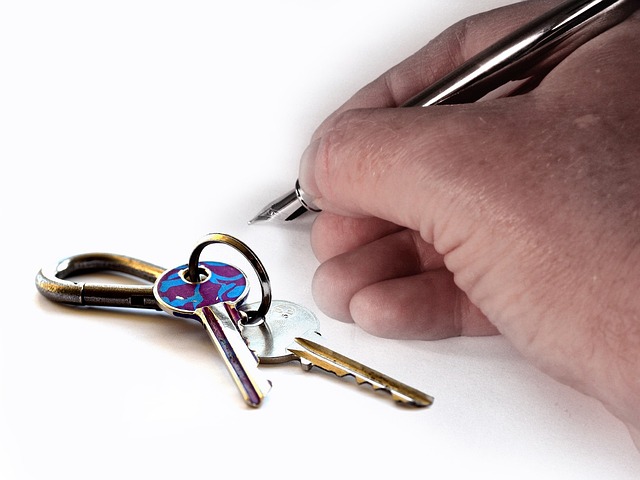In real estate, repairing dispute issues like work quality, timeliness, and responsibility is crucial for maintaining positive relationships. Preventative measures include clear communication via transparent contracts, proactive management, and regular check-ins. Prompt dispute resolution through open channels, structured processes, and alternative methods (ADR) fosters collaboration and strengthens professional ties. Efficient repairs through effective maintenance communication streamline processes, minimize disruptions, build trust, and enhance tenant experiences, ultimately preserving property values.
In the dynamic realm of real estate, prompt and efficient repair handling is paramount to maintaining property value and tenant satisfaction. Understanding common disputes that arise from repairs can mitigate risks and transform challenges into opportunities for positive relationships. This article explores effective strategies for navigating these conflicts, emphasizing the importance of swift resolution through robust communication and coordinated efforts. By adopting best practices in real estate, professionals can ensure seamless repairs and foster strong connections with tenants.
Understanding Common Repair Disputes in Real Estate

In the realm of real estate, repair disputes are a common occurrence that can arise due to various reasons. These conflicts often center around the quality of work, timeliness of repairs, or disagreements over the responsibility for specific fixings. Whether it’s a dispute between a tenant and landlord or a contractor and property owner, understanding the root causes is crucial for prompt resolution.
Many disputes start with miscommunication or unclear expectations. In real estate, establishing transparent lines of communication from the outset can prevent many issues. Clear contracts that outline repair responsibilities, timelines, and cost-sharing agreements are essential tools. Additionally, proactive management and regular check-ins can help identify potential problems before they escalate into full-blown disputes.
Efficient Dispute Resolution Strategies for Prompt Handling

In the dynamic realm of real estate, efficient dispute resolution is key to maintaining harmonious relationships between tenants, landlords, and property managers. When a disagreement arises, prompt handling is essential to mitigate potential damage and ensure all parties remain satisfied. One effective strategy involves open communication channels; establishing clear, direct lines of dialogue encourages proactive problem-solving and mutual understanding. Regular meetings or phone conferences can serve as platforms for discussing concerns, exchanging perspectives, and finding common ground.
Additionally, implementing structured dispute resolution processes can significantly streamline the handling of conflicts. This may include defining clear escalations protocols, assigning dedicated mediators, or utilizing alternative dispute resolution (ADR) methods like arbitration or mediation. By adopting these strategies, real estate stakeholders can navigate disputes efficiently, fostering a more collaborative environment and strengthening professional relationships.
Effective Communication and Coordination for Seamless Repairs

In the realm of real estate, efficient repairs are pivotal for maintaining property values and tenant satisfaction. Effective communication is the cornerstone of seamless repairs. Promptly addressing maintenance issues through open dialogue between property managers, tenants, and repair personnel ensures a swift resolution. Regular updates, clear instructions, and immediate feedback create a coordinated effort that minimizes disruptions to residents.
Well-coordinated repairs foster trust and enhance the overall living experience. Property managers should establish clear communication channels, ensuring everyone involved is on the same page. This includes providing detailed reports of repairs needed, setting realistic timelines, and accommodating tenant concerns or requests. By promoting transparency and timely interactions, disputes can be handled promptly, leading to happier residents and better-maintained properties.






